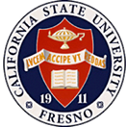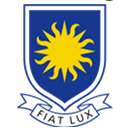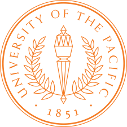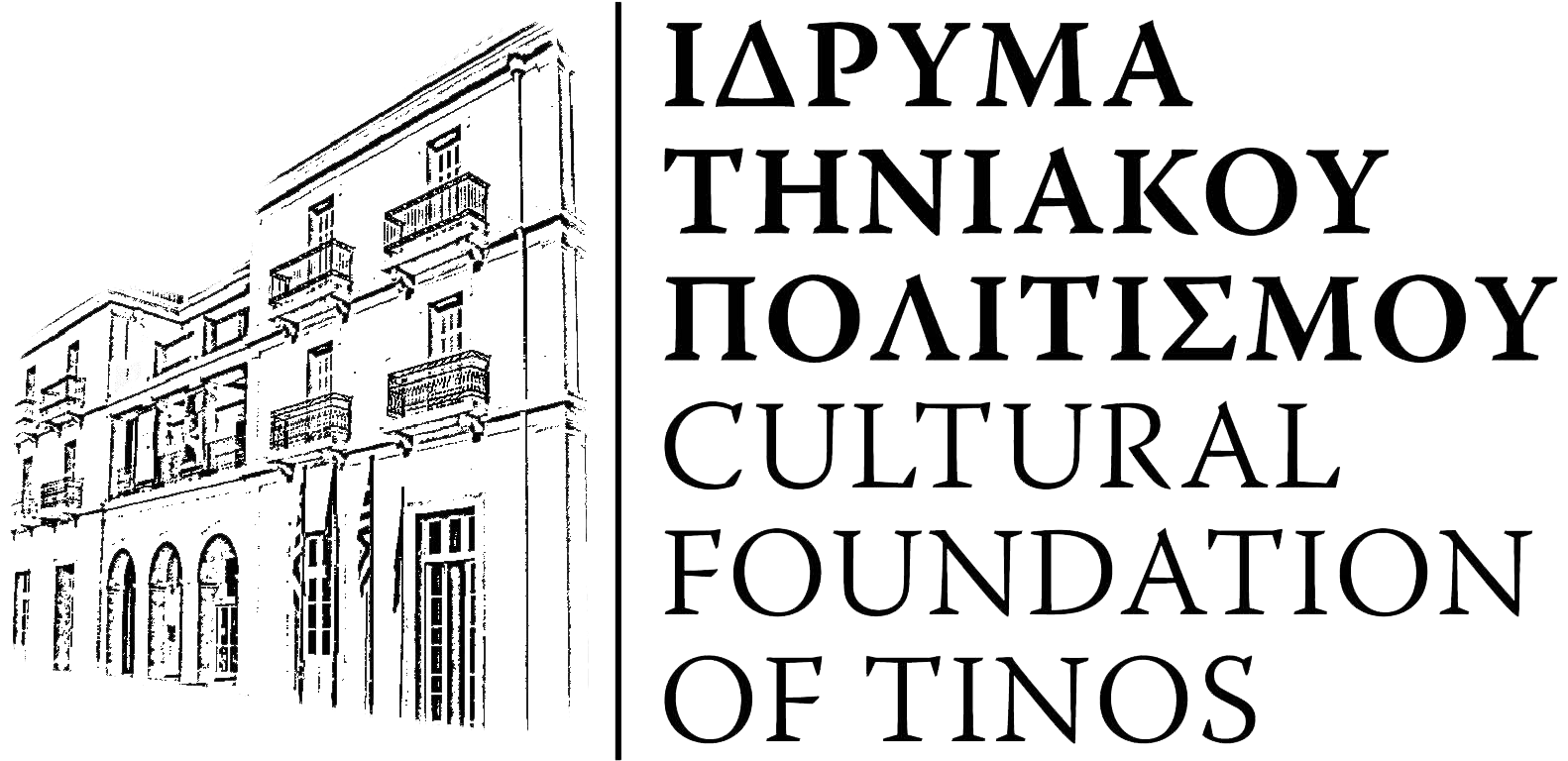Conference workshops
Topics in Mathematics and Mathematical Physics
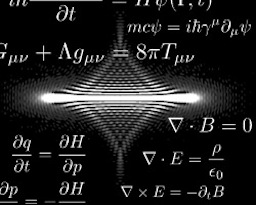
Machine learning, Complex systems and Complex Networks

Sociophysics and Econophysics - Mathematical Models of Human Behaviour and Economics

Medical applications, COVID-19 and Virus Spreading Mathematical Modeling

Engineering applications

Finite element and mesh free methods
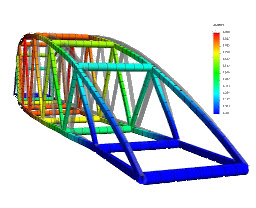
Physical Modeling using Stochastic Differential Equations

Young Researchers Workshop

- young researchers to present and discuss on-going research
- industry professionals to present themselves and to meet with outstanding graduates, doctoral students and early stage researchers
Geometric integration in physical sciences and engineering
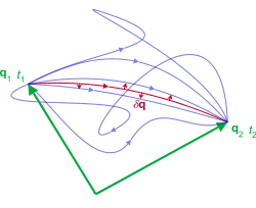
Mathematical Modeling for Sustainable Development

The 11th IC-MSQUARE will support a special session dedicated to Basic Mathematical Research that focus on Sustainable Development Goals.
Computational Nanoscience and Material Science
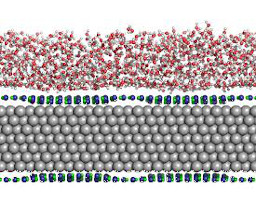
Core Workshop
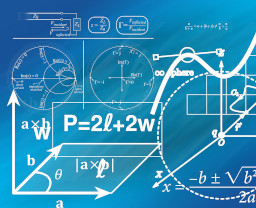
Access to Workshops
Authors can access all the Conference's Workshops. In order to participate as a speaker, you can select the preferred Workshop during the submission of your abstract. Abstracts that are submitted to the Core Workshop, can be assigned to another Workshop during the finalization of the Conference Programme.
Workshop Submission
As a registered conference participant, you can propose to organize a Workshop. This can be done from your account by submitting all the necessary details. As a Workshop organizer, you will be responsible for all the submissions in your Workshop.
This website uses cookies necessary to access the author's secure area. The website cannot function properly without these cookies. Cookies used for Preferences, Statistics and Marketing ARE NOT USED.



